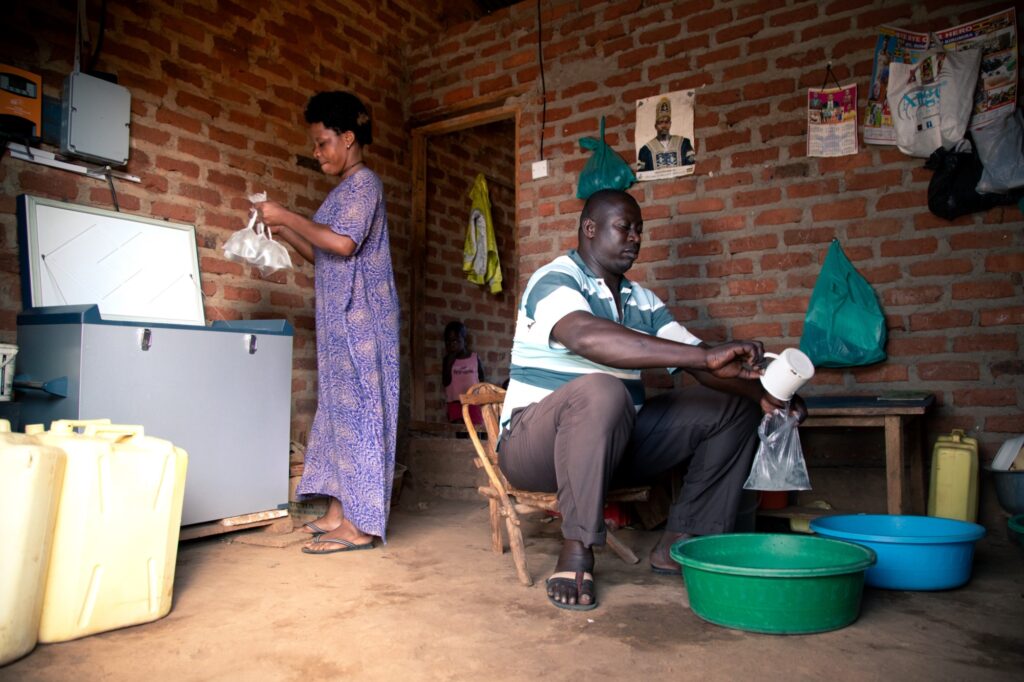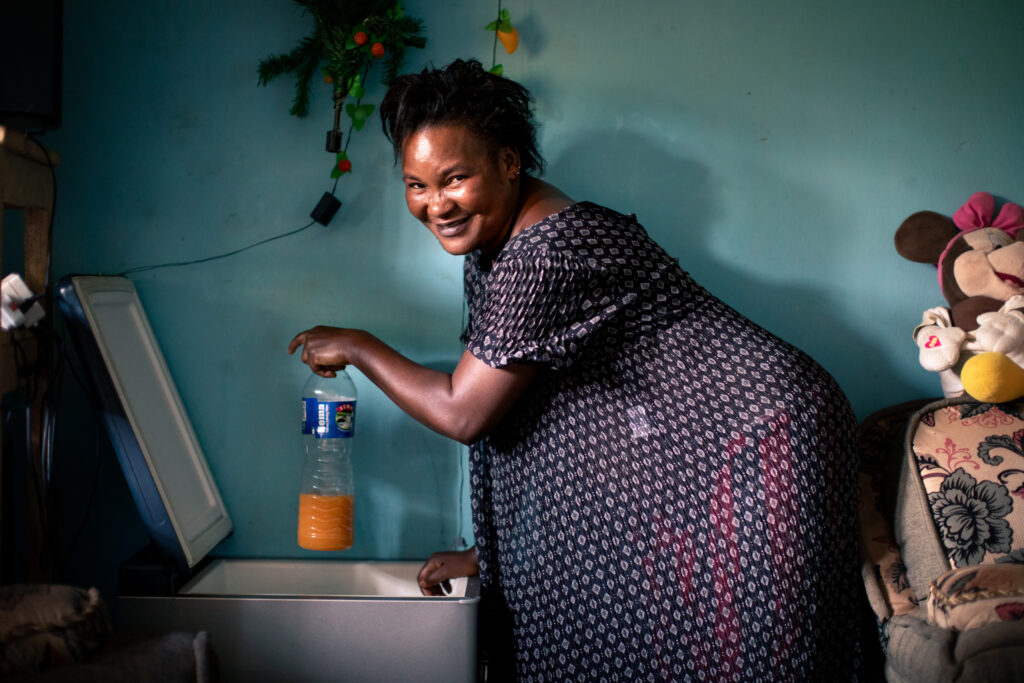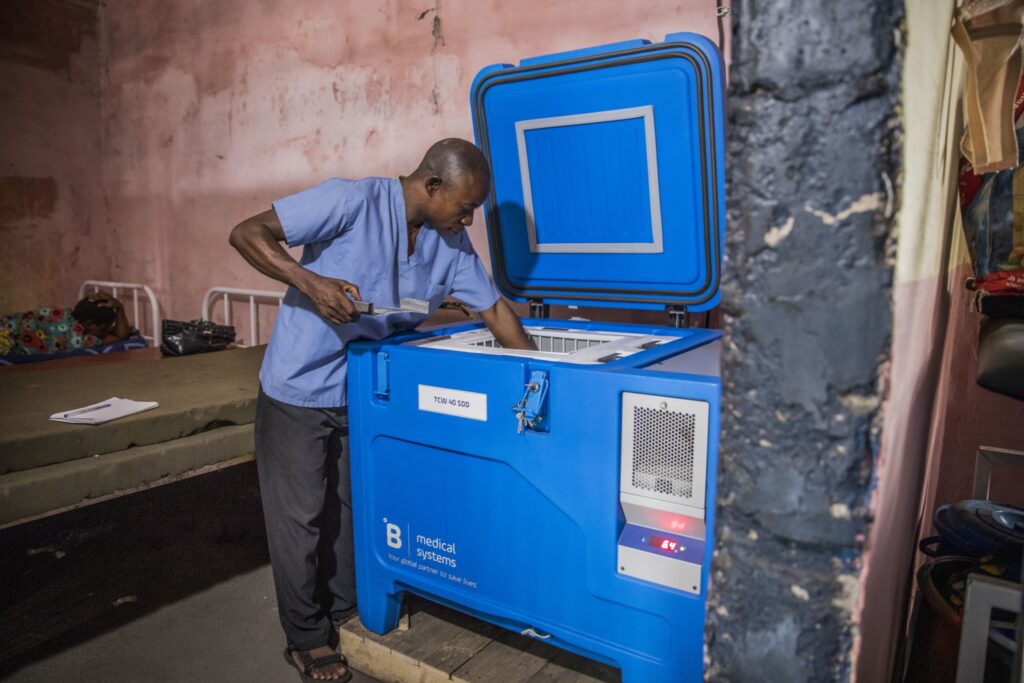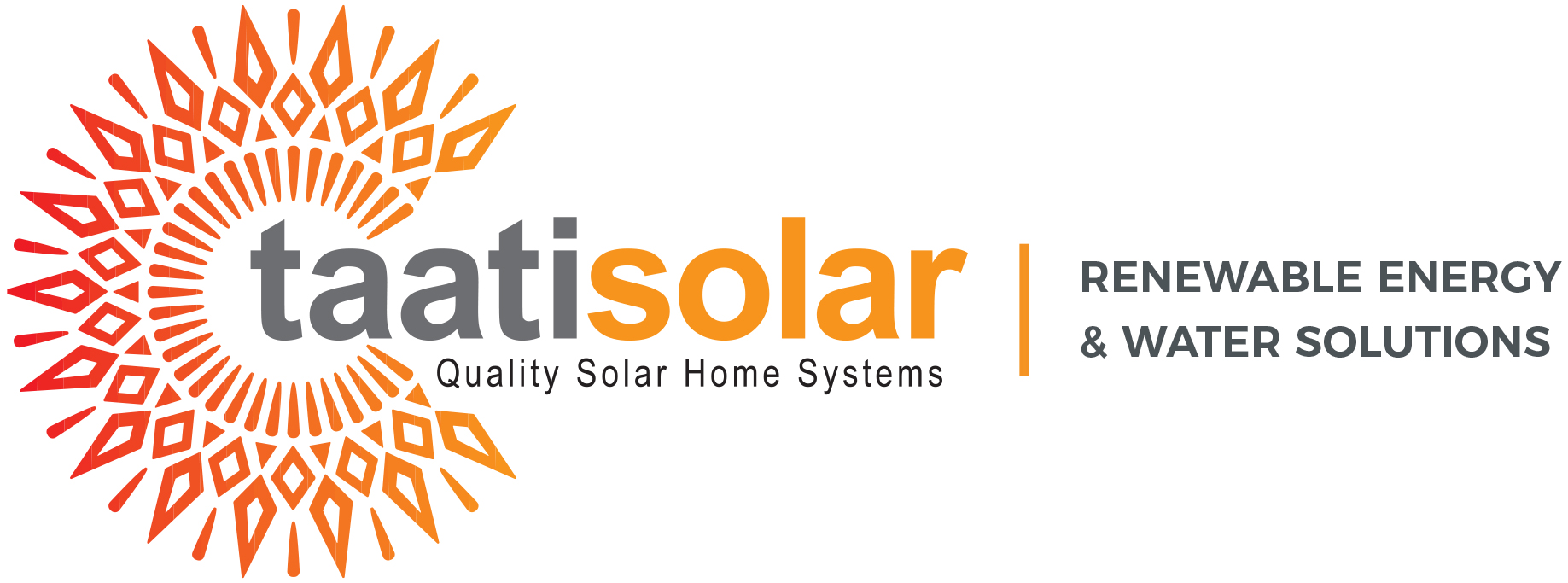Refrigerators are particularly positioned to enable COVID-19 resiliency in off-grid and weak-grid environments. Increased access to high-quality, energy-efficient solar-powered freezers can help to reduce the virus’s effects in the home while also increasing access to quality healthcare, vaccines, and a future COVID-19 vaccine.
The one seemingly basic device is at the forefront of home and medical solutions to the COVID-19 pandemic as vulnerable off-grid communities deal with the health and socioeconomic effects of the epidemic: the refrigerator. Off-grid solar-powered freezers can help reduce the virus’s impact on homes while also increasing access to quality healthcare, vaccines, and equitable COVID-19 vaccine distribution.
During COVID-19, off-grid refrigeration improves health and safety.
Solar home systems and mini-grids have become increasingly popular in recent years, helping to meet the basic electrification needs of millions of households and small businesses. Clean energy access activities aim to not only link households to electricity, but also to ensure that they can use it productively by providing high-quality, long-lasting, and energy-efficient off-grid appliances such as televisions, fans, lamps, and refrigerators.

For nearly six months, people all throughout the world have been hunkered down during the COVID-19 pandemic. Billions of people are limiting their movement and spending more time indoors, relying on their appliances for entertainment, communication, and comfort. Refrigerators are particularly positioned to promote equitable public health access, assure food system security, and boost economic activity in vulnerable communities in the face of the epidemic.
Who are the consumers of off-grid refrigerators?
Refrigerators increase the supply of perishable goods and reduce the danger of infection for consumers by reducing excursions to marketplaces and stores. Refrigerators dramatically minimize wastage in underdeveloped nations, where post-harvest food loss can reach 50%, especially if the virus interrupts supply systems.
“I have a large family, including many children and grandchildren. When a youngster is thirsty, instead of buying cold water from the store, Namugga Proscovia adds, “I would have already boiled water and put it in my solar fridge.” Proscovia resides in Jinja, Uganda, with her family of nine. In Jinja, inadequate infrastructure and inaccessibility result in regular power outages that sometimes last weeks. Her family bought a solar refrigerator in 2017, and its dependability has helped keep her family healthy.
Refrigeration’s Health Benefits
Refrigerators promote a diverse diet, which is connected to a healthy immune system in the long run. Refrigerator owners were 30 % more inclined to purchase fresh fruits and vegetables, according to a family survey in Nairobi, Kenya.

Refrigerators can be a source of much-needed additional revenue in rural communities, which are experiencing some of the worst economic and social effects of the epidemic. According to recent research, 81 % of off-grid refrigerator customers used their products for a company, which was mainly run out of their house. In an experiment in India, 70% of refrigerator customers reported a monthly profit boost of roughly $57 from the sale of cold beverages and dairy goods.
During ongoing nationwide shutdowns and lockdowns, refrigerators keep clean, chilled water and fresh produce for long periods of time. During times of uncertainty, this seemingly basic appliance provides protection and stability to vulnerable communities.
Refrigeration is Required for Equal Access to Vaccines
The huge disparities in the health cold chain will provide tremendous obstacles for deployment as the world turns its attention to the COVID-19 vaccination and a potential cure. Millions of youngsters went unvaccinated against avoidable diseases prior to the epidemic, owing to a lack of access to cooling facilities. Refrigeration at health care facilities can help extend and maintain pharmaceutical and life-saving immunization supplies.
Vaccine and blood bank coolers were selected as the most important devices for health care delivery in Efficiency for Access’ upcoming 2020 Off-Grid Market Survey. Massive amounts of cold chain equipment will be required to administer the COVID-19 vaccination to 60–70 % of the world’s population, or 4.7–5.5 billion people.
Without sufficient money and equipment, stakeholders will be forced to make difficult trade-offs between the vaccine/cure delivery and the distribution of other temperature-sensitive vaccinations and medical items.

“The COVID-19 epidemic has demonstrated that the renewable energy access and health sectors must collaborate now, more than ever.” Dr Karan Sagar, Head of Health System and Immunization Strengthening at Gavi Health, stated, “Partnerships would speed both of our efforts to enhance access to cooling equipment in poorly electrified areas to assure access to health services and life-saving vaccines.” Gavi has helped vaccinate over 760 million children since its inception in 2000, but Dr Sagar says there is still a lot of work to be done to improve vaccine refrigeration in preparation for the COVID-19 vaccine deployment.
Together, we can move the sector forward.
Despite the pressing need for off-grid refrigeration in order to prepare for vaccine distribution and to support resilient food systems, the global market is still in its infancy, leaving consumers with pricey, inefficient, and defective products. Increased investment in off-grid refrigeration research and development can protect families from a greater health and economic consequences, as well as speed up worldwide preparedness and reaction to the COVID-19 pandemic.
